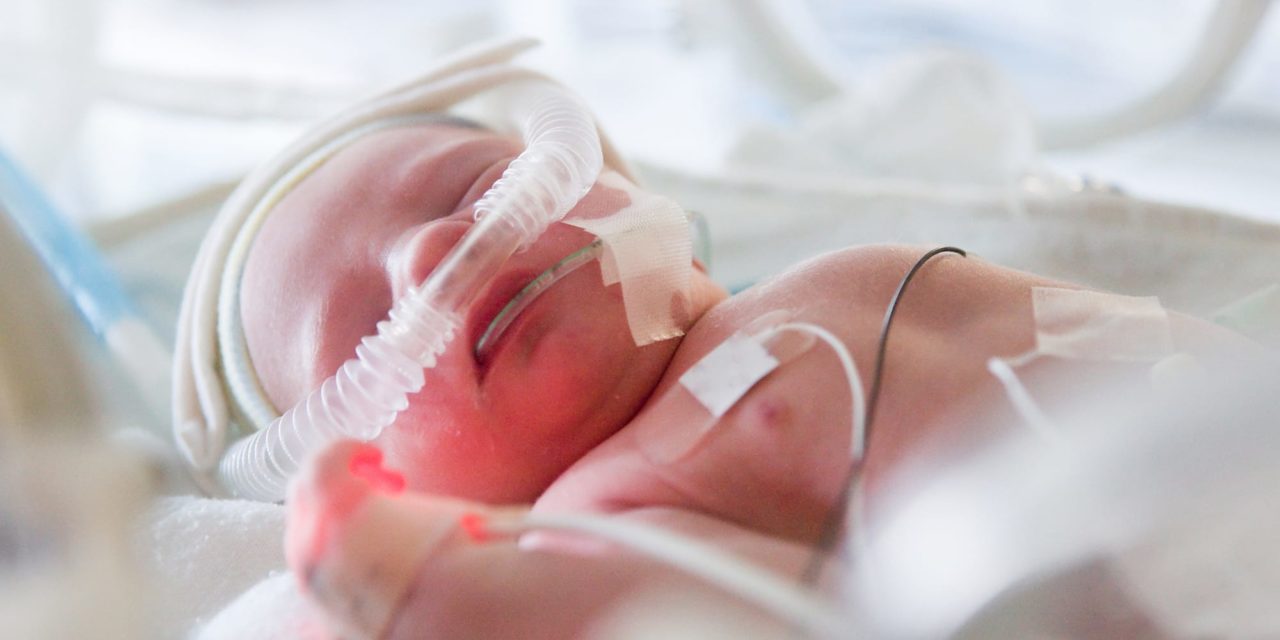Nov 11: RS virus infection second leading cause of infant death worldwide
Nov 11: RS virus infection second leading cause of infant death worldwide

The RS virus (RSV) is the second leading cause of infant death worldwide and causes 118,000 deaths in this group each year. In the Netherlands, 2,000 children also end up in hospital every year because of this cold virus. Pediatric infectiologist prof. Louis Bont of UMC Utrecht: “It is November, the start of the RS virus season in the Netherlands. At peak times, the RS virus also ensures a full intensive care unit for us.”
Nevertheless, the RS virus is still relatively unknown, especially in young parents. That must change. In recent years, the RSV Consortium in Europe (RESCEU) has conducted research into cause, economic consequences and treatment. The results were published this week in a special supplement to the Journal of Infectious Diseases, a leading medical journal. Pediatric infectiologist Prof. Louis Bont of UMC Utrecht is one of the initiators of RESCEU, a European research consortium of 18 universities, health institutes (including UMC Utrecht, UMC Groningen and RIVM) and pharmaceutical companies.
Main conclusions of the RESCEU study:
- Worldwide, an estimated 33 million young children each year are diagnosed with an RSV infection, and more than 3 million are hospitalized. The virus causes 118,000 deaths among young children each year.
- The virus is also dangerous for older people. It is estimated that 1.1 million elderly die each year from infection with this virus.
- There is an increased risk of death up to one week after infection with the RS virus. In 90 percent of the cases where RSV-infected patients died, the virus was shown to be the primary cause of death.
- RSV costs governments worldwide nearly € 5 billion a year. Two vaccines and a monoclonal antibody to protect against this virus may be expected on the Dutch market within a few years.
- Information is and will remain necessary. The RSV Patient Network is organizing the RSV Awareness Week from November 9-15 to inform the public, especially young parents, about RSV and the associated risks such as wheezing and asthma.
RSV infection: also a risk in the Netherlands
Louis Bont: “It is November, the start of the RSV season for us in the Netherlands. At peak times, the RS virus also ensures that our intensive care units (ICUs) are full. In the Netherlands, approximately 1 in 100 newborns is admitted to hospital in the first year of life with an RSV infection; of them, 1 in 10 requires ventilator support in the ICU. For parents it is a very intense experience to see their often small baby so short of breath. That is why it is good that people know more about it. ”
Elderly
In addition to children, the RS virus can also have serious consequences for the elderly. According to the National Institute for Public Health and the Environment in the Netherlands (RIVM), the RS virus is the second cause of outbreaks of infectious diseases for the elderly in nursing homes worldwide. In the Netherlands it is estimated that in some years even more elderly people die from an RSV infection than from the flu.
Symptoms RSV infection
The RS virus usually only causes cold symptoms in healthy adults, such as a runny nose or cough. Small children may be more severely affected. The infection can progress to severe pneumonia, accompanied by breathlessness, wheezing and coughing. Because there is not yet a vaccine or medicine for severe RSV infection, and because many hospitals in low-income countries do not have ventilation equipment, infants there have a relatively high risk of dying from the infection.
Prevent infection
The RS virus is a cold virus. The virus resides in the nose and throat of infected persons and, like COVID-19, can be transmitted by droplets released during coughing, sneezing and talking. Parents can prevent exposure to the RS virus as much as possible by having everyone who touches their child wash their hands first, wash and disinfect toys and keep their child away from people who have a cold or a fever.
Vaccine and treatment
Bont: “Worldwide, 118,000 young children die each year due to the virus. This makes RSV the second leading cause of death among infants worldwide after malaria. And yet hardly anyone knows this virus. And that must change.” He estimates that it will take a few more years before a vaccine becomes available. In addition, a series of treatments are being developed. According to him, it is good that there is more awareness about the RS virus. “More social awareness speeds up these types of processes. For us here in the rich West, but certainly also for the accessibility to a vaccine in the rest of the world, where the need is highest.”

